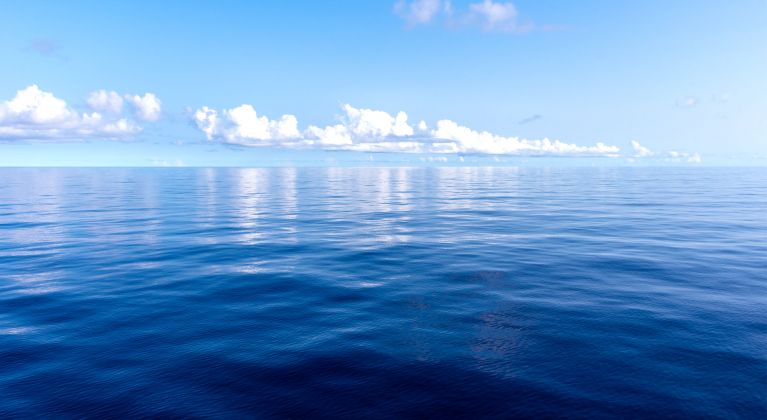
Safety Culture
- Home
- Latest updates
- News
- Safety Culture

Instilling a healthy Safety Culture can have many benefits for Members, regardless of the size of marine operation concerned. Aside from the commercial advantages such as improved operational efficiencies, a healthy Safety Culture can result in happy healthy crew which in turn may result in reduced incident rates.
The Club’s 2021 Safety Culture campaign aims to provide Members with the tools and resources to refer to, when considering their own organisational Safety Culture and utilise where there are any opportunities for improvement. All of our resources in this campaign have been created in collaboration with industry experts in their respective fields.
Vision, Mission and Values that influence a healthy Safety Culture
View/download our advice and information on vision, mission and values here.
Effective Communication that can play a key part in developing a healthy Safety Culture
View/download our infographic and article on how we can improve our methods of communication.
Safety Management System that can contribute to a good Safety Culture
View/listen to our podcast and gif on an effective Safety Management System.
How to raise a safety concern
View/download our infographic on how to raise safety concerns in a respectful way that avoids an uncomfortable situation.
Learning lessons on Safety Culture from previous incidents
Listen to our podcast about Learning lessons on Safety Culture.
Safety Culture glossary
View/download our glossary here.
External Resources
ISWAN’s Social Interaction Matters (SIM) project
One of the key findings of ISWAN’s Social Interaction Matters (SIM) project is that social interaction amongst the crew is important for their mental wellbeing. Such interactions also encourage positive relationships between crew, thereby forming an intrinsic part of a good safety culture on board. The full report can be found here.
Making a difference by improving communication at all levels in maritime companies
ISWAN’s Talking Point guest author and maritime industry specialist, Teresa Lalinde, discusses the importance of efficient shipboard communication to enhance Safety Culture in line with the International Safety Management (ISM) Code, and shares some key suggestions for Members to increase their communication capabilities.
To read the blog, please click here.
Meet the experts

Rachit Jain
Managing Director at Safe Lanes Consultants Pte Ltd
As a founder and Managing Director, Rachit is an astute tanker industry professional, with extensive knowledge of ship management, marine operations and quality assurance. A Master Mariner, his previous work experience includes periods with oil majors, in a variety of roles including vetting, incident investigations, inspections, and Quality Assurance. Rachit and his colleagues assist ship operators with maritime solutions to manage their assets with utmost safety and efficiency. This is achieved by rethinking procedures and processes, incorporating the human element into existing safety management systems.
Karen Passman
Director at Impact Crew
Karen is the founder of Impact Crew, launched in 2007 with the specific purpose of providing team and leadership development for the maritime industry. Karen’s expertise traverses the maritime and corporate sectors, and she has extensive experience working with managers, leaders, and professionals, through facilitation, training, 1:1 coaching and assessment. Karen has a passion for developing people which is evident in her positive, enthusiastic and supportive style of delivery. Her philosophy is “to create a relevant, enjoyable and highly participative event, which gives you practical tools that are truly valuable in the workplace.


Dr Claire Pekcan
Director at Safe Marine Ltd
Claire is a doctoral qualified maritime psychologist who focuses on the “Human Element” in port and shipping operations. Claire provides guidance and practical advice to organisations and companies on their people and safety management challenges. Her specialist expertise lies in understanding the psychology of seafaring and how the interaction of ship and shore influences seafarers’ safety behaviour and psychological wellbeing. Claire is a member of the OCIMF-Intertanko Joint Safety Initiative, technical advisor to the Human Element sub-committee of Intertanko and a member of CHIRP’s Marine Advisory Board.


